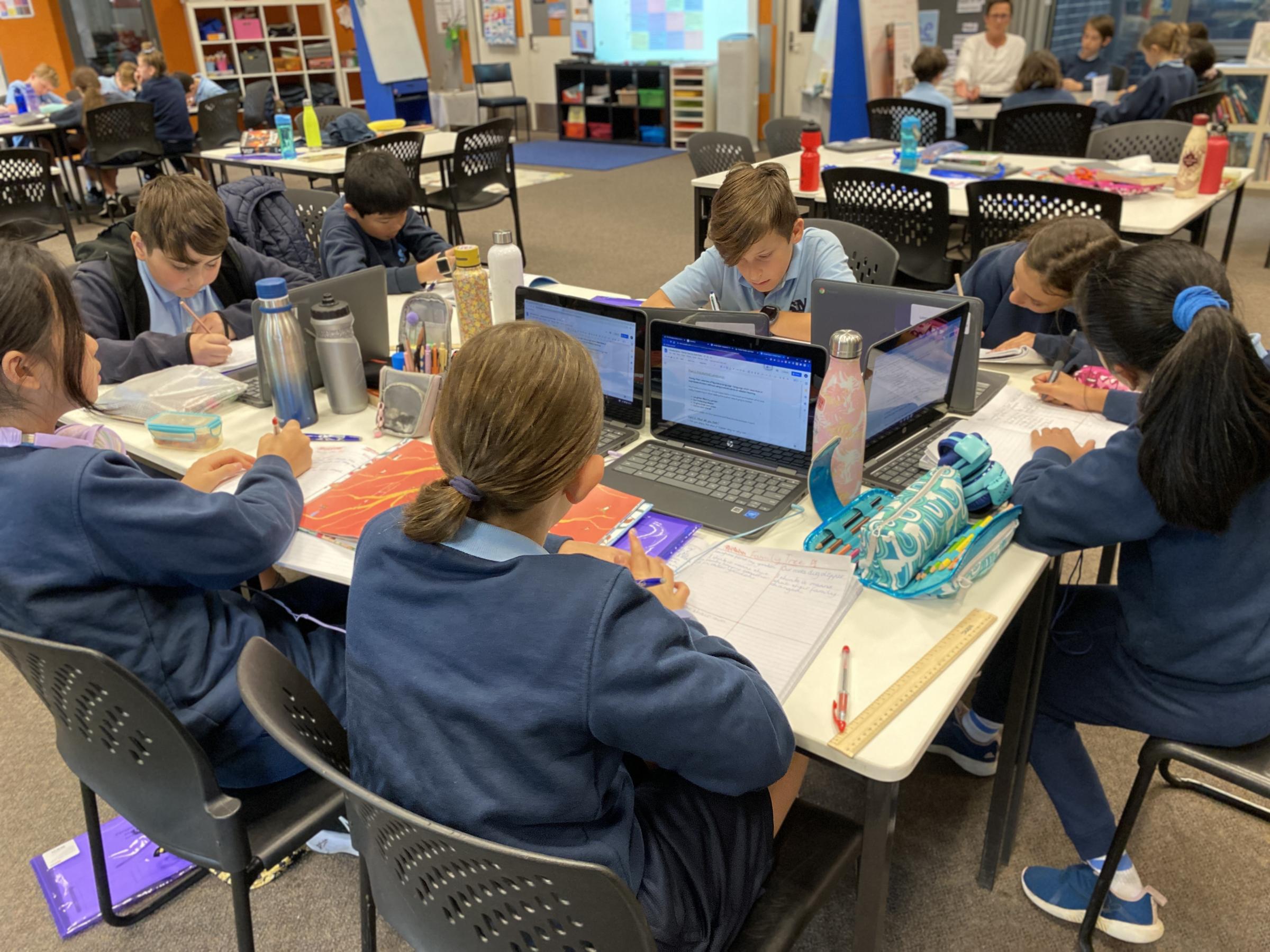Around the School

DAILY ABSENTEEISM
Phone 9510 7420 or email absent@smstkildaeast.catholic.edu.au
(Please notify the school by 9:30am)
STUDENT FREE DAYS
Friday 5th August
Monday 31st October
(Please note that additional days to be confirmed)
Staff Professional Learning
STUDENT & FAMILY INFORMATION UPDATE - IMPORTANT
If any of your personal details change (address, mobile number etc.), please let the school office know as soon as possible by email to admin@smstkildaeast.catholic.edu.au.
LITERACY INTERVENTION - Ms Stephanie Schultz
My name is Stephanie Schultz. Earlier this term I took over the role of Literacy Intervention Teacher from Mrs Anna Heta. I am thoroughly enjoying this role and supporting students in Years 1and 2. As part of Literacy Intervention I provide small group and 1:1 support to students who require additional assistance with the English Curriculum. The program is designed to target student needs in reading, writing, vocabulary, and word knowledge. Each session provides a range of opportunities to assist students to further develop the following: knowledge of phonemic awareness and phonics, fluency, vocabulary, and reading comprehension strategies. Literacy Intervention provides students with the opportunity to be immersed in a wide range of texts and develop a love for reading and writing. I look forward to continuing this role for the rest of the year and working with students from all year levels.
ELEARNING AT SMPS - Mrs Borgese
ONLINE SAFETY - APPROPRIATE BEHAVIOUR ONLINE
Behaviour online, both whilst at school and at home, is an important area where we work to ensure that our students are able to use the internet safely.
At the beginning of each school year, each student and parent sign the eLearning Policy via Operoo (a copy is available as a download on this page). This document ensures that our students understand the way in which we expect them to behave when using ICT resources at school.
Online bullying or cyberbullying is also something that we ensure all parents and students are aware of. Teachers ensure they incorporate age appropriate cybersafety and cyberbullying modules into the learning throughout the year.
ONLINE SAFETY AT HOME
A large majority of children are using the internet at home, including accessing programmes that can be dangerous if not used in the correct way. These are a few questions that can guide you when considering your child’s safety when online.
If your child has access to the internet at home do you know…
- What your child is doing when using the computer?
- The dangers of using a chat site or email account?
- How old a child must be to have a social media account?
- How to monitor your child’s use of the internet?
TIPS FOR PARENTS
1. Check you know what they are doing on the computer, especially chat rooms and games played with others online. Ask who their “friends” are. Get them to teach you about how things work.
2. Read the eLearning Policy and take an active interest in what your children is doing at school regarding ICT.
3. It helps to keep the computer in a family room not tucked away in a child’s bedroom.
4. Agree on some family rules and how long to stay playing computer games, where to keep the mobile phones, which websites can be used . . .
If you are unsure about any of the above information or questions we can help! Please feel free to speak to myself or Anthony Speranza and you are welcome to email us or find us on the yard for a chat.
We also recommend the following sites:
